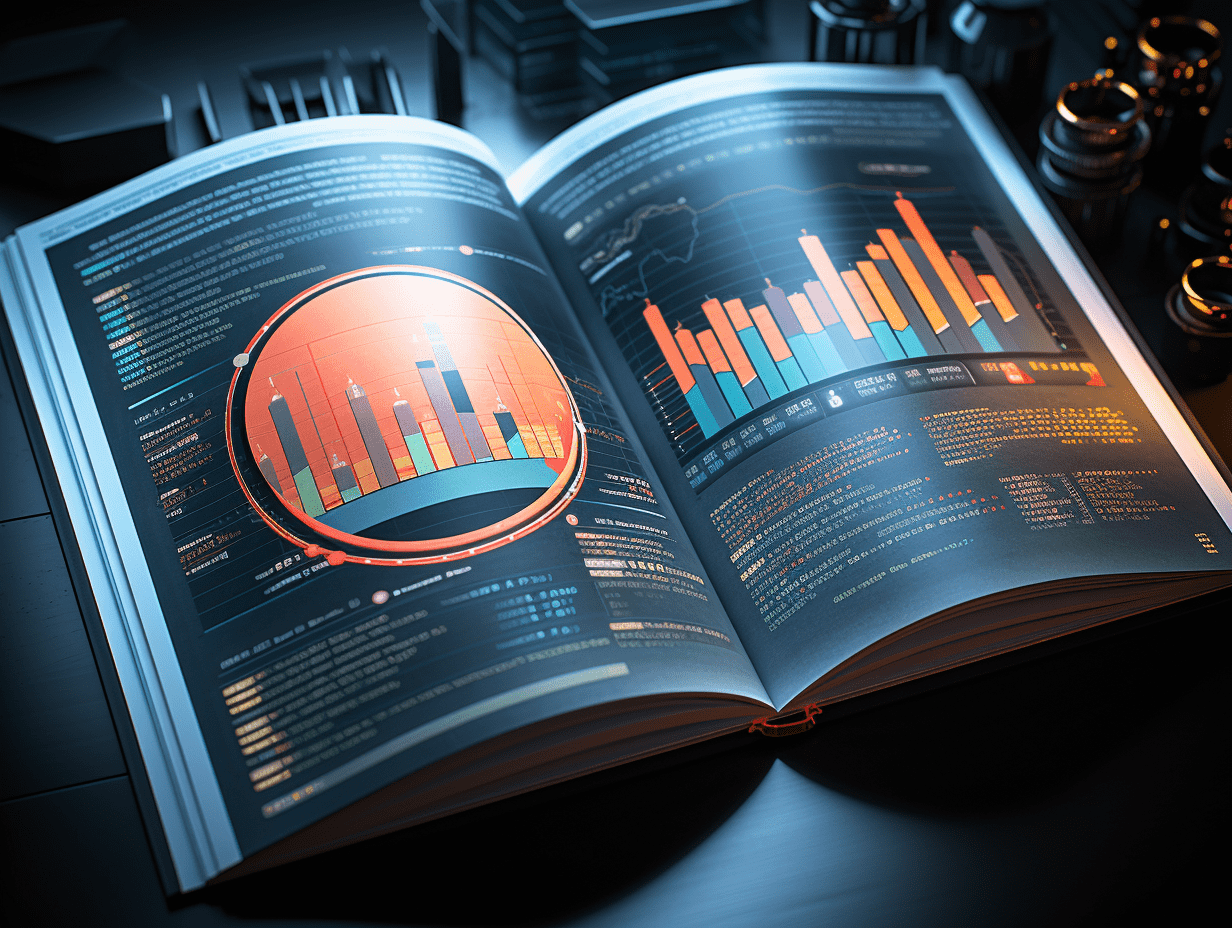The AI trend has pushed up demand for storage chips. Samsung Electronics' semiconductor department saw profits in Q3 soar by 79%, greatly exceeding expectations.
Samsung Electronics' semiconductor division's profits in the third quarter greatly exceeded expectations, indicating that global demand for artificial intelligence (AI) is driving the recovery of this South Korean company's most important business sector.
Samsung Electronics' semiconductor division's profits in the third quarter far exceeded expectations, showing that global demand for artificial intelligence (AI) is driving the recovery of this South Korean company's most important business segment.
Samsung Electronics' financial report released on Thursday showed that the company's sales in the third quarter were 86.1 trillion Korean won, an increase of 9% year-on-year; operating profit was 12.2 trillion Korean won; net profit was 12.0 trillion Korean won, higher than the analyst average expectation of 9.3 trillion Korean won.
The DS division (Device Solutions division), primarily responsible for the semiconductor business, saw its sales in the third quarter increase by 13% year-on-year to 33.1 trillion Korean won, with memory chip sales increasing by 20% year-on-year to 26.7 trillion Korean won. The division's operating profit in the third quarter was 7.0 trillion Korean won, an increase of 79% over the same period last year's 3.9 trillion Korean won, far exceeding the analyst average expectation of 4.7 trillion Korean won.
The memory chip business is one of Samsung Electronics' core businesses. Breakthrough AI applications like AI smart bodies are bringing massive "AI inference endpoint computing power demand" to all industries globally, indicating that the future prospects of AI chip, HBM storage system, enterprise-level SSD, as well as high-performance network and power equipment in the field of AI computing infrastructure construction will be vast. Additionally, the edge AI trend will also bring consumer electronics-grade DRAM and NAND demand into a new growth curve.
Major tech companies including OpenAI and Meta Platforms are investing in expanding computing power to support their AI services. Facing this opportunity, Samsung Electronics is mobilizing its vast resources to secure a more advantageous position in the global intense competition.
However, in the market willing to pay a premium for higher memory capacity (thus enhancing AI performance), Samsung Electronics has already relinquished some of its lead position. Since the beginning of the year, Samsung Electronics' stock price has risen by about 90%, while the stock price of SK Hynix, the leading competitor in the AI memory field, has risen more than three times during the same period.
It is worth mentioning that SK Hynix's operating profit in the third quarter was 11.4 trillion Korean won, setting a new record high, slightly higher than the average analyst expectation; sales reached 24.5 trillion Korean won. The company also revealed that orders for the entire series of memory chips for next year are already sold out, indicating a significant increase in demand for the global AI infrastructure construction industry.
Investors are betting that Samsung Electronics is poised to regain market share in the high-bandwidth memory (HBM) market due to its scale advantage. According to research firm Counterpoint, driven by AI-related investments, prices and sales of general-purpose DRAM and NAND products have both increased, allowing Samsung Electronics to reclaim the top position as the global memory chip manufacturer by revenue in the third quarter.
Samsung Electronics recently secured a new order from AMD and is also awaiting final certification for HBM3E and next-generation HBM4 chips from NVIDIA Corporation. The company has also signed an agreement to provide chips to OpenAI's "Stargate Project."
NVIDIA Corporation CEO Jensen Huang is currently visiting South Korea. Huang, when speaking to reporters earlier this week in Washington for a company event, said, "If you look at the entire South Korean ecosystem, almost every company is my dear friend and important partner." "When I go (to South Korea), I hope we can have some exciting news that will make the Korean people happy and also make President Trump happy."
Related Articles

Wondershare Technology Group (300624.SZ) has upgraded its Wondershare Filmora desktop version: free video editing, better AI results!

Northeast: Music ecosystem giant NETEASE MUSIC (09899) benefits from rapid industry growth.

Bidding for Warner Bros. (WBD.US) enters a critical period, while Paramount Skydance (PSKY.US) speeds up the antitrust review process.
Wondershare Technology Group (300624.SZ) has upgraded its Wondershare Filmora desktop version: free video editing, better AI results!

Northeast: Music ecosystem giant NETEASE MUSIC (09899) benefits from rapid industry growth.

Bidding for Warner Bros. (WBD.US) enters a critical period, while Paramount Skydance (PSKY.US) speeds up the antitrust review process.

RECOMMEND

Nine Companies With Market Value Over RMB 100 Billion Awaiting, Hong Kong IPO Boom Continues Into 2026
07/02/2026

Hong Kong IPO Cornerstone Investments Surge: HKD 18.52 Billion In First Month, Up More Than 13 Times Year‑On‑Year
07/02/2026

Over 400 Companies Lined Up For Hong Kong IPOs; HKEX Says Market Can Absorb
07/02/2026


